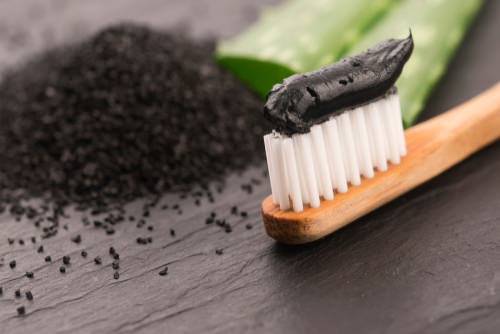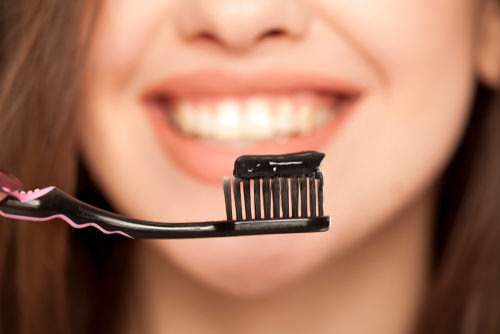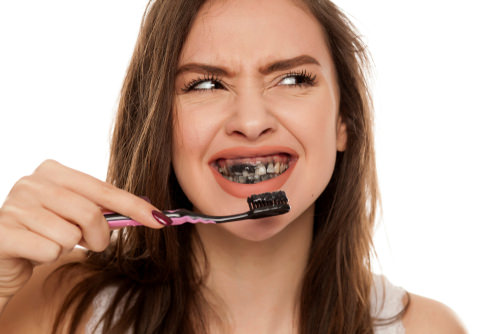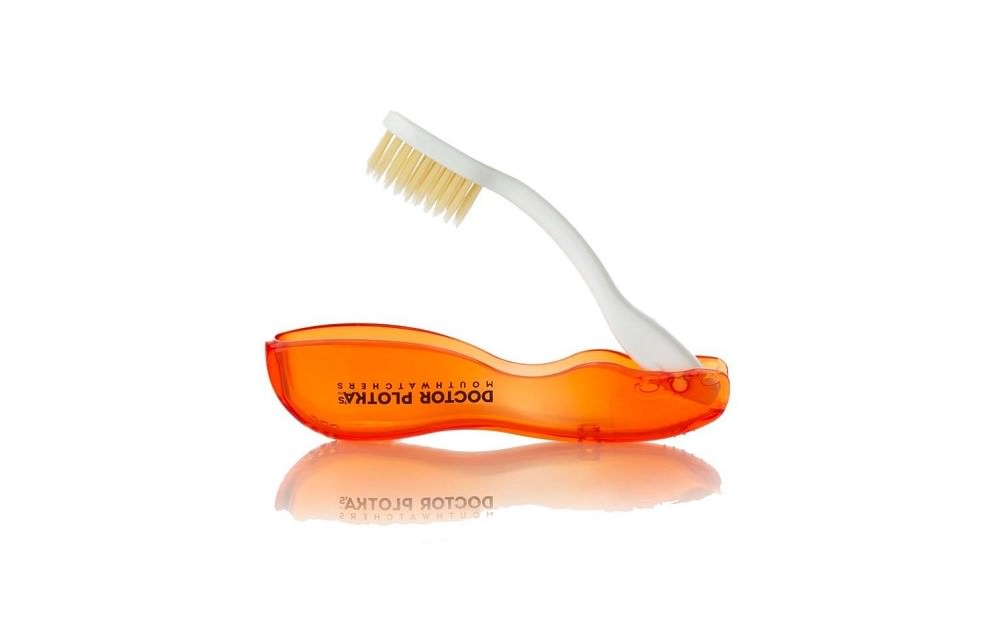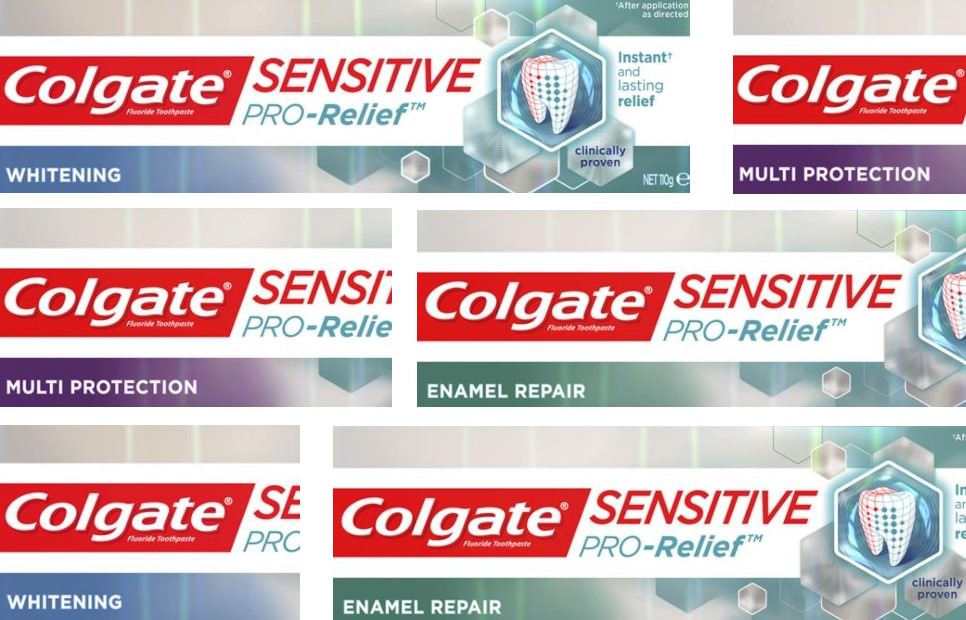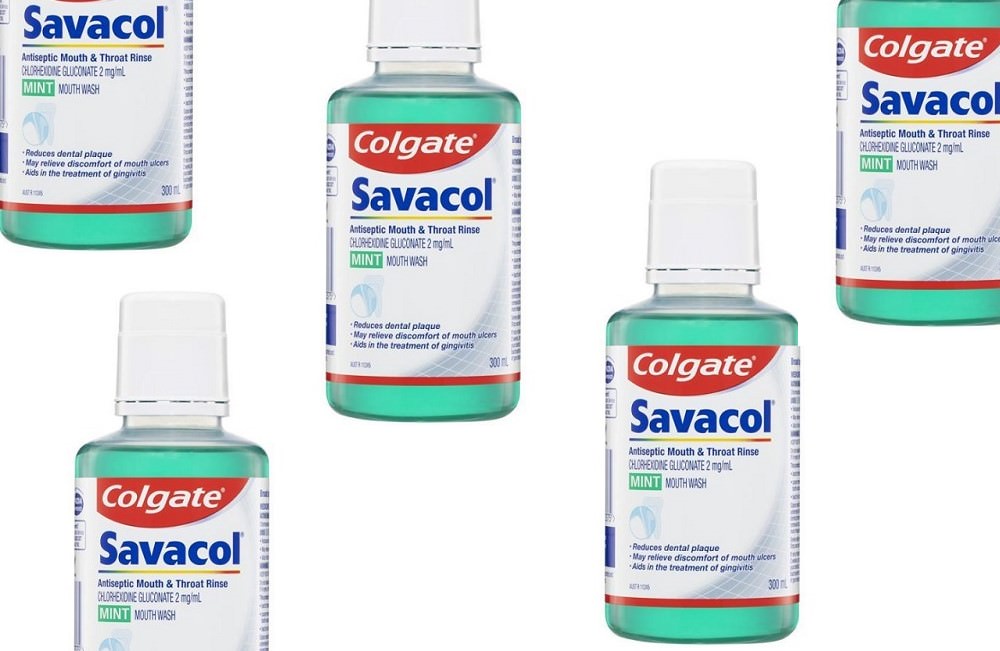Charcoal Toothpaste – Does it Work and Should you Use it?
Charcoal Toothpaste – Does it Work and Should you Use it?
The latest rage is charcoal toothpaste… but does it really work?
Unfortunately, to say, charcoal toothpaste is nothing but a trend.
From an extrinsic point of view, charcoal toothpaste can remove slight surface stains on your teeth, allowing them to look whiter and brighter.
Unfortunately, there is not enough research done on charcoal toothpaste to see the long-term effects.
Thus, it could actually do more harm than good to your teeth.
Today I discuss the possible dangers behind charcoal toothpaste and other ways of whitening your teeth instead.
What is Charcoal Toothpaste?
Yep, you guessed it – one of the main ingredients in charcoal toothpaste is indeed charcoal.
However, it isn’t the same charcoal you’d use to heat to heat up the grill on the BBQ, or what you’d find in an artist’s bag.
The charcoal used in the toothpaste is what’s known as “activated charcoal”.
According to the National Institutes of Health, activated charcoal is still similar in many ways to that regular old charcoal though.
It can come from the same substances – wood, peat, coconut shell, petroleum or coal.
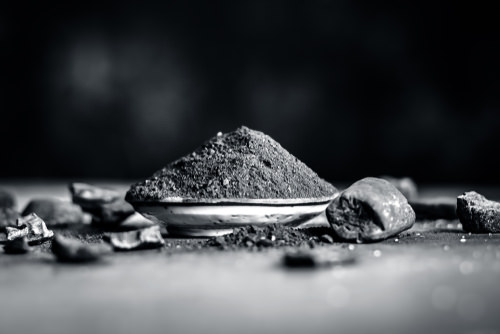
Charcoal in its basic form
However, the big difference between the two is that during the treating process, activated charcoal is exposed to a special gas that causes it to develop large pores or spaces, so it becomes what is known as “porous”.
It’s these pores that make the charcoal more absorbent, which allows it to soak up a variety of substances.
This assists with the claim that charcoal can whiten teeth.
Basically, it’s believable that these pores can pull stains, tartar and bacteria away from your teeth.
Besides the activated charcoal, there could be multiple other ingredients in charcoal toothpaste, including mint flavouring, coconut oil or baking soda.
Some contain fluoride, but some do not.
Some may even come in tablet or powder form rather than as a toothpaste.
Charcoal Toothpaste – Does it Really Work?
From an extrinsic point of view, charcoal toothpaste can effectively remove surface stains on your teeth, allowing them to look whiter and brighter.
However, if your tooth discolouration is below the surface, you may not notice any difference after using charcoal toothpaste.
This is as it’s still unsure if the claim that charcoal actually absorbs stains from your teeth’s enamel is correct – it may instead just scrub the surface of your teeth.
So, the jury is undecided on whether charcoal teeth whitening works or not.
A study published in the Journal of the American Dental Association explains how more studies need to be conducted before a decision is reached.
However, it is also important to look at the negative comments made by experts.
A spokesperson for the American Dental Association (ADA) has said that activated charcoal products are yet to be evaluated or approved in the United States, and this appears to be the case in Australia too.
In addition, the spokesperson said there were a number of concerns about charcoal toothpaste.
This includes, that, due to the fact it is not only porous but also fairly abrasive, it can be damaging to your teeth.
Regular use of a highly abrasive toothpaste can wear down your tooth enamel, which can lead to cavities, tooth sensitivity and a discoloured smile.
One of Australia’s leading dental hygienists, Tabitha Acret, says the following about charcoal toothpaste.
“Though the advertising claims it works wonders, the scientific research shows that there is no evidence to support any ‘whitening effect’ and that some brands are quite abrasive and may even cause damage to your teeth”.
So… does it really work?
The jury is hung, but at this stage dentists’ believe it may do more harm than good, especially if used for an extended period of time.
Is Charcoal Toothpaste Dangerous?
Activated charcoal is not dangerous as such – it has been used as a trusted medical treatment for over 2,000 years.
It was even used by the ancient Romans in powder form to brush their teeth. As its porous nature is thought to help absorb anything in its path, it’s also been used to help treat people who have been poisoned – a treatment which may still be practiced at modern hospitals.
However, it’s not yet known whether activated charcoal is safe for your Dental health. Possible side-effects are thought to be;
Charcoal toothpaste wears away your teeth’s enamel
Charcoal toothpaste promises to whiten your teeth. While this may work, the effect may be limited, and it can cause serious dental issues in the long-term.
This is as it is achieved through a mechanical process, not a chemical treatment. That means charcoal toothpaste uses an abrasive method to scrub the superficial stains off your teeth.
However, that abrasion also wears down the enamel on your teeth, and once that enamel is gone, it can never come back. You may simply be getting the impression that your teeth are whiter because the charcoal toothpaste has removed a layer of enamel.
You may also end up with increased sensitivity, cavities and even a discoloured smile, all from thinning enamel.
Charcoal toothpaste is bad for your gums
The same abrasive method can also be bad for your gums.
Frequently using charcoal toothpaste can wear down your gums, which can lead to serious dental problems – at worst you could even require a gum graft to replace the tissue that has been worn away.
The health of your gums is often overlooked, so anything that harms your gums should be avoided when possible.
Charcoal toothpaste can cause irritation to your mouth
Your mouth is full of very sensitive tissue. Some people may have a bad reaction to the activated charcoal in the toothpaste, especially if you have any ulcers, cuts or abrasions in your mouth.
It’s best to avoid introducing unnecessary substances into your mouth, to avoid the possibility of causing irritation.
Charcoal toothpaste can damage any dental work you already have
Although charcoal toothpaste aims to whiten your teeth, it can potentially harm crowns, bridges and veneers.
The activated charcoal in toothpaste can discolour these materials if used often. That’s a huge waste of the time and money you’ve spent on your smile.
Charcoal toothpaste hasn’t been thoroughly studied
Currently, there are no scientific studies on the long-term effects of charcoal toothpaste.
A Dentist would only ever recommend products that have been thoroughly tested in a clinical environment. While most medications have their side effects, it’s important that you are fully aware of all side effects, so you know all potential risks.
This way, you can compare the risks against the rewards and decide whether you want to use the product. Charcoal toothpaste is largely unknown and is, therefore, not recommended by many Dentists.
There are many other ways that have been proven to be safer and more effective to whiten your teeth than using charcoal toothpaste. See below for such options – either provided by your Dentist or DIY treatments.
What Can I Use to Whiten My Teeth Instead?
There are multiple ways that will not only whiten and brighten your smile but also improve your dental health.
It all starts with a good dental care regime.
Proper Dental Care
Tabitha Acret, one of Australia’s leading Dental hygienists, says, “Everyone from children to adults should brush their teeth twice a day, once in the morning and once before bed for at least two minutes each.”
“The nighttime brush is the most important as our saliva flow reduces at night.
We lose the protective factor that saliva creates and our teeth become more vulnerable to the acids and bacteria that are in our mouths.”
Brushing twice daily will help you avoid yellow, discoloured teeth, bad breath, gum disease, bleeding gums, decay and infections.
If you love anything that may stain your teeth – for example, coffee or red wine.
A mouthful of water afterwards will help rinse the staining residue off your teeth.
Visit your dentist for a professional cleaning.
Tabitha also says it’s important to visit your dentist twice yearly for a check-up and a professional clean.
She recommends;
“Check whether your dental practice uses the AIRFLOW Dental Spa, a non-contact form of dental cleaning featuring a jet of warm water, fine powder, and air.”
I myself gave the Airflow treatment at Macquarie Street Dental a go and not only did I notice how bright my smile was and how clean it felt instantly, but the warm water was perfect for my sensitive teeth.”
The ‘Dental Spa’ gently exfoliates your teeth without actually touching them. It’s like a spa treatment for your teeth – no more being afraid of the Dentist!
Dental Veneers and Charcoal Toothpaste
Dental Veneers are tooth-coloured shells placed over the top of your teeth to correct your tooth enamel, uneven alignment, spacing issues, discolouration, chips or cracks.
See our article “Dental Veneers: Your Ultimate Guide” for more information.
Have a Healthy Diet
This is a big part of keeping your mouth and dental health in great condition.
See our article “Are Strawberries Good for Your Teeth” for foods to eat, including fruit, apples, dairy, Vitamin C and baking soda.
Use an At-home Teeth Whitening Kit
See our article “Teeth Whitening Kits” for more information on which whitening kits are good for you!
Don’t Believe Us?
Read the blog “I brushed my teeth with charcoal for six weeks because a Facebook ad told me to” by Catherine Bouris.
See her results of a six week trial with charcoal toothpaste.
Conclusion
Currently, there are not enough studies on charcoal toothpaste to prove whether it is an effective way of removing discolouration from below the surface of your teeth.
However, it is believed that, especially if used long-term, charcoal toothpaste can be dangerous due to it being porous and abrasive.
As such, it can wear away your teeth’s enamel, leading to increased sensitivity, cavities and even a discoloured smile, it can wear down your gums, cause mouth irritation, and harm any dental work.
Charcoal toothpaste is generally not recommended by a dentist as it has not been thoroughly tested in a clinical environment, and we are not fully aware of all its’ side effects.
There are many other ways that have been proven to be safer and more effective to whiten your teeth.
Either by your dentist, such as professional whitening or dental veneers or at home, such as DIY teeth whitening kits, a healthy diet and a proper dental regime.
So, for now – let’s all avoid charcoal toothpaste for a safer, smoother, brighter and whiter smile!
By Dr. V
Created at October 16, 2019, Updated at January 25, 2025


